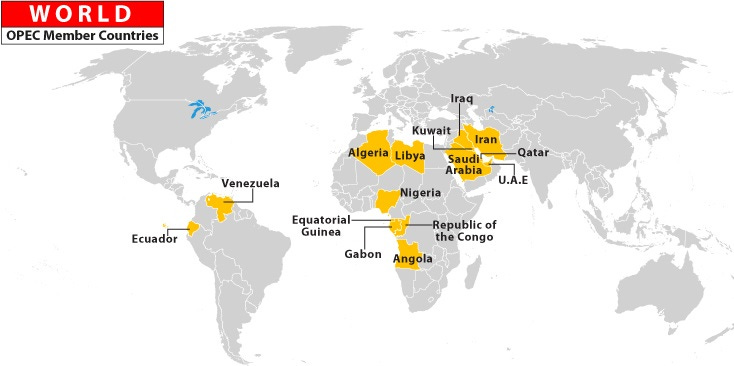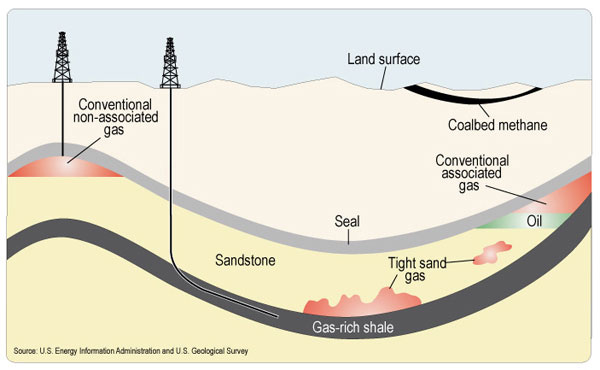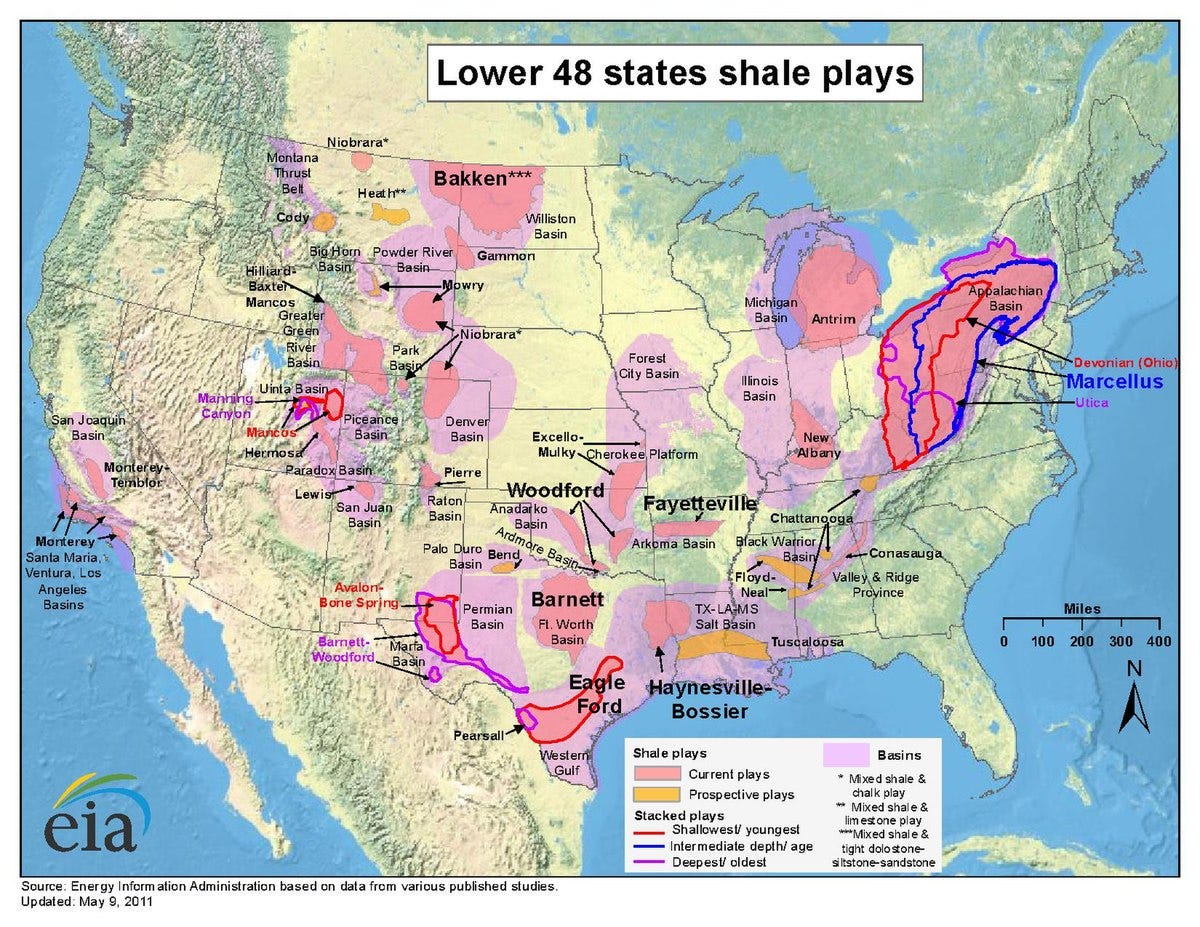The Global Energy Crisis, Energy Independence & International Security
Our generational problem
[TL;DR Energy demand is growing at a challenging pace]
Energy is a fundamental basis of our society. Without energy there is no food nor internet. Conversely, with greater energy capacity we have the ability to do virtually anything. The level of our technology is only the limit. Simple mechanics such as locomotion to advanced processes such as synthetic biological engineering/manufacturing all use energy.
Global Energy Demand
Energy demand is growing at an astonishing rate. This is in part due to rising technological needs, as well as developing countries achieving greater standards of living. With greater standards of living we enjoy many luxuries we now see as commonplace such as air conditioning, meat consumption, and watching endless hours of videos on your tv, computer, or smartphone.
Energy Dependence
As you can see from the graphs above, energy demand is growing fast. This demand is being met with greater use of fossil fuels to keep up. The simple fact is with the current investment/governance climate we cannot match the growth with renewables and nuclear. This has put some nations in a very precarious circumstance. With the dependence on fossil fuels, countries such as Russia and OPEC countries control who gets what for how much.
The US has revived their oil industry with shale mining, but Canada has found it hard to compete with their big neighbour having no significant coastal exports methods with high break even costs from tar sand extraction.
Renewables
Clean energy solutions such as solar, wind, and hydro have been booming in popularity. The green climate movement has emphasized these forms of energy, but the truth is it is hard to scale these technologies aggressively. Using hydro involves large construction projects and flooding habitats. Wind is extremely unreliable and debatably cost inefficient. Solar is the most competitive option, but it is questionable if it can keep up with the sheer pace of demand. Others talk of unconventional forms such as tidal power or geothermal, but these are incredibly specialized, therefore relatively expensive, and have yet to see widespread adoption.
All of these forms of energy production also necessitate battery storage due to their inherent cyclical nature. This is a whole other problem on its own as battery production needs to scale to match our energy demands. While there is progress in this area the scale at which we would need to produce to have a significant impact on total global energy demand is near impossible.
Tesla Megapack caught on fire at giant battery project
Batteries are also volatile in nature. Battery companies, Tesla included, have been developing more reliable forms of storage such as solid state and iron (rust) batteries, but these are in early stages and yet to scale.
Nuclear Power
Nuclear power has exploded in popularity within the last half century. However, as you can see from the graph below, the construction of new nuclear power projects has stalled or even fallen slightly. The one exception may be far east Asia.
China greenlights 6 new nuclear reactors in shift away from coal
Japan Plans To Restart Seven Nuclear Reactors By Summer 2023
As S.Korea moves to expand nuclear power, disquiet grows among nearby residents
With aggressively growing energy demands it is undoubtedly clear that nuclear production must increase. If this rising demand were to be met with fossil fuel burning, nations would suffer greater damages in the form of both environmental degradation and increased deaths. Moreover, the colossal scale of nuclear energy production enables countries to once and for all cut their fossil fuel habit. Nuclear power has come a long way and the way modern power plants are built resemble nothing of old facilities with infamous meltdowns. With the right regulation and management, nuclear paves a clean and bright future for humanity. For more on this topic explore my next post on nuclear power technologies.
International Energy Security
Greater competition from more energy distributors would hypothetically create more efficiency. In an idealistic world we could stabilize global energy prices and eventually diminish the role of fossil fuels in our energy needs. Unreliable forms of renewables could be rerouted to utilize overproduction. Nuclear could become widely available, even for poorer countries. The possibilities are endless with greater international collaboration.















